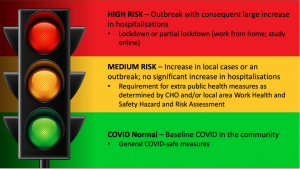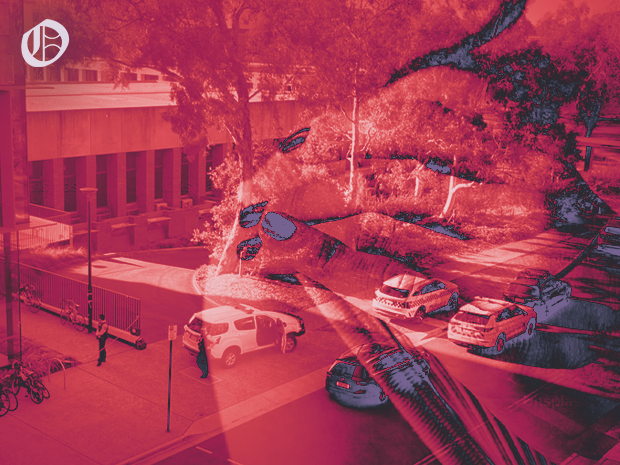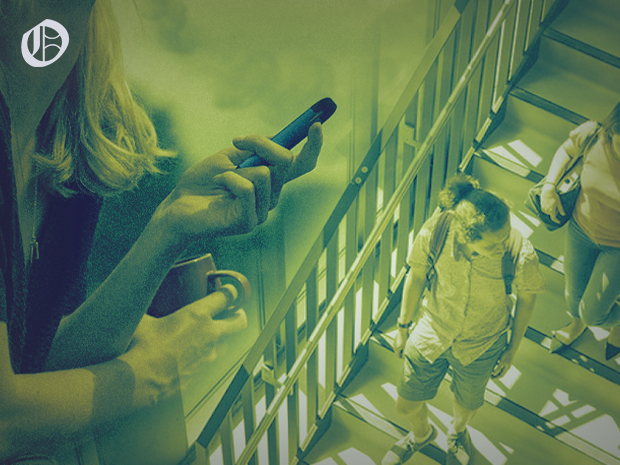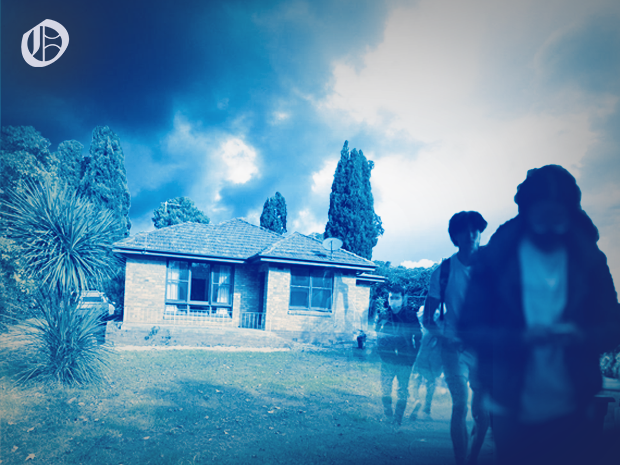Everything you need to know about Residential Living with Covid

By Alayna Bourke
At the heart of on-campus accommodation are shared spaces and communal events, so how does residential living take shape in a pandemic? As semester one approaches, Observer puts together a guide to the new COVID-safe rules and regulations for living in on-campus accommodation
Arriving at your Residence
As outlined in a previous announcement by On-campus Accommodation Services, students must be fully vaccinated before moving into a residence. This includes both first and second doses as well as booster shots. If not yet eligible for a booster, students may enter on the condition that they receive one as soon as they are eligible. Upon arrival, students must also show photographic evidence of vaccination status and a negative Rapid Antigen Test (RAT) or PCR test taken within the past 24 hours. These must be shown to staff at check-in stations outside each residence. Proof of a negative test will be required throughout the year whenever students return to the residence after travelling outside of the ACT overnight or for a longer period.
Covid response at residential halls
The implementation of restrictions in residences operates on a Campus Alert System, where each risk level corresponds with different rules for residential living.
– Covid Normal has minimal impact, the only requirement under this level is for residents to follow general covid-safe behaviour such hand hygiene and QR sign-ins for visitors.
– Medium risk level implements restrictions according to the current ACT Health guidelines across Canberra.
– High risk level subjects students to Stay at Home Orders in line with ACT Health. Additionally, day-to-day operation in communal settings is restricted to designated residential “bubbles” consisting of a small number of students to mitigate exposure risks. The high risk level corresponds to the restrictions placed on students in 2021.
This approach to hall restrictions outlined in the 2022 Covid-Safe Plan for Student Residences is intended to “have as little impact as possible on the daily lives of residential students, while still considering the specific risks in communal living environments.”

Graphic: Campus Alert System
Testing Positive and Isolation
In the event of testing positive for COVID-19 or otherwise deemed a high-risk contact whilst living on-campus, residents are required to notify their head of residence and fill out the ANU Positive notification form. From there, the case-by-case process of providing suitable accommodation for the student’s isolation period is undertaken. This accommodation may, or may not, vary from the resident’s current residential address depending on accommodation capacity, case numbers and other logistical factors.
As students who are quarantining are not permitted to use communal areas such as kitchens, food is delivered to the affected resident’s door by staff, taking into account any dietary requirements, which will be disclosed upon going into quarantine. Rubbish collection will also be rostered by staff to ensure students can isolate in a clean environment. In the event of a fire alarm, quarantining students must follow standard evacuation protocols whilst maintaining 4 metres of distance from all other residents.
In consideration of resident mental health during quarantine, ANU will also maintain regular contact with each student via daily welfare checks. This is intended to uphold “the opportunity to feel a sense of community, purpose, academic engagement and social connectedness.” Additionally, the following contacts are available for all students:
ANU Counselling: 02 6125 2442 or email at [email protected] o
ANU Crisis Support (24/7): 1300 050 327 or via SMS Text message service on 0488 884 170
Lifeline (24/7): 13 11 14
Beyond Blue (24/7): 1300 22 4636
Graphics by Junyoung Chun









